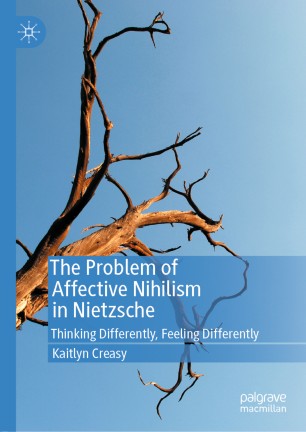

Most ebook files are in PDF format, so you can easily read them using various software such as Foxit Reader or directly on the Google Chrome browser.
Some ebook files are released by publishers in other formats such as .awz, .mobi, .epub, .fb2, etc. You may need to install specific software to read these formats on mobile/PC, such as Calibre.
Please read the tutorial at this link: https://ebookbell.com/faq
We offer FREE conversion to the popular formats you request; however, this may take some time. Therefore, right after payment, please email us, and we will try to provide the service as quickly as possible.
For some exceptional file formats or broken links (if any), please refrain from opening any disputes. Instead, email us first, and we will try to assist within a maximum of 6 hours.
EbookBell Team

0.0
0 reviewsNietzsche is perhaps best known for his diagnosis of the problem of nihilism. Though his elaborations on this diagnosis often include descriptions of certain beliefs characteristic of the nihilist (such as beliefs in the meaninglessness or worthlessness of existence), he just as frequently specifies a variety of affective symptoms experienced by the nihilist that weaken their will and diminish their agency. This affective dimension to nihilism, however, remains drastically underexplored. In this book, Kaitlyn Creasy offers a comprehensive account of affective nihilism that draws on Nietzsche’s drive psychology, especially his reflections on affects and their transformative potential. After exploring Nietzsche’s account of affectivity (illuminating especially the transpersonal nature of affect in Nietzsche’s thought) and the phenomenon of affective nihilism, Creasy argues that affective nihilism might be overcome by employing a variety of Nietzschean strategies: experimentation, self-narration, and self-genealogy.